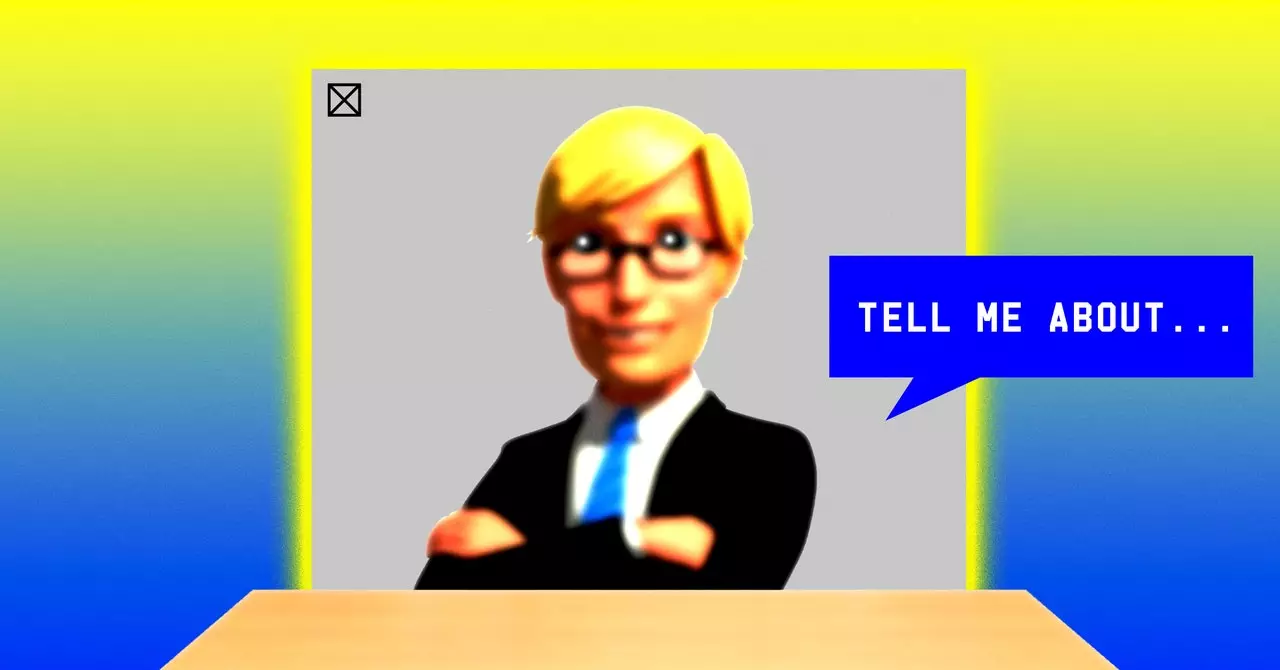In today’s competitive job market, more companies are turning to asynchronous video interviews to screen candidates quickly and efficiently. With the rise of technology, companies like micro1 are using automated systems to handle screening interviews, allowing them to process as many as 30,000 candidates a month. This shift has been accelerated by the decrease in available positions due to layoffs, leading to an overwhelming number of applicants for recruiters to review on platforms like LinkedIn.
While AI has streamlined the hiring process, concerns about bias in AI tools have been raised by some recruiters. Zahira Jaser, an associate professor at the University of Sussex Business School, points out that AI tools may be trained on profiles of past successful employees, potentially perpetuating biased hiring practices. This systematic bias could impact the diversity and inclusivity of the workforce if not properly addressed.
According to Ansari, the CEO of micro1, AI is not meant to replace human judgment in hiring decisions. Instead, AI tools categorize candidates based on experience level, leaving the final decision up to hiring managers or recruiters. The use of AI also allows for audio recordings of candidate responses to be reviewed, providing additional insights beyond the categorization done by the AI interviewer.
One of the challenges of asynchronous interviewing is the lack of human interaction, which can make the process feel impersonal and awkward for candidates. People are accustomed to showcasing their best selves in face-to-face interviews, but interacting with AI interviewers can be more challenging due to the absence of human cues. Additionally, the built-in biases of AI tools can create barriers for candidates, making it crucial for companies to address these concerns in their hiring processes.
Despite the challenges, some experts believe that AI-driven avatars could revolutionize the job interview process in the future. By using AI interviewers and avatars, job seekers could potentially bypass the initial screening process conducted by humans, leading to more efficient and accurate matches between candidates and companies. Ansari envisions AI making “really good matches” between job seekers and employers, highlighting the potential for AI to transform the way hiring is done in the future.
While AI has brought significant advancements to the hiring process, it is essential for companies to address concerns about bias and ensure that AI tools are used responsibly. As technology continues to evolve, the role of AI in job interviews is likely to expand, shaping the future of recruitment practices and the composition of the workforce.


Leave a Reply